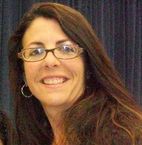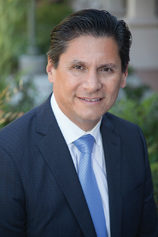Round trip tickets from Los Angeles Union Station to Oakland Jack London Square station can cost as little as $104 for a non-refundable ticket, or $125 for a refundable ticket. Though that’s not necessarily a whole lot cheaper than flying, the journey is spacious and relaxing. Legroom is ample, wi-fi is available, and there are decent food and beverage options. In the end, when you add up the costs of flying as well as parking at the airport or rideshare costs to and from, you can save a few dollars with the train.
The best part, however, is the view. The route goes up the California coastline, many parts of the journey right along the coast. Honestly, if you haven’t done this journey before, it’s worth doing once.
All this said, there are some considerations. You will be on an eleven hour journey from Los Angeles to Oakland, certainly longer than driving or flying. Rarely, there are delays or setbacks with train travel, so you have to be adventurous and prepare to be flexible. But if you’re up for doing something different and have one day for travel, it’s worth at least a thought!
Looking forward to seeing you at the conference no matter how you get there!
John Makevich
Dean of Community & Continuing Education
College of the Canyons



 RSS Feed
RSS Feed
